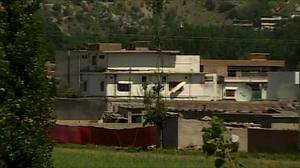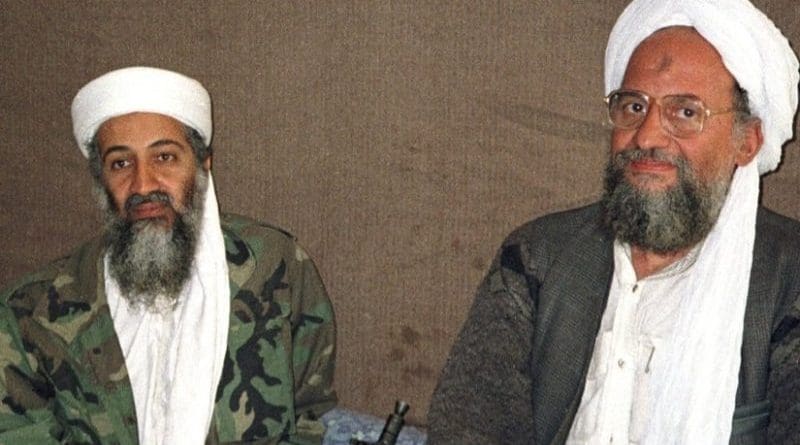With Bin Laden Dead, US-Pakistan Relations Demand Reassessment – OpEd
The death of Osama bin Laden in a coordinated CIA-Navy Seal clandestine operation in Abbottabad has brought into stark relief the Janus-faced role of Pakistan in the Global War on Terrorism (GWOT). Rather than a cave in Waziristan, the Al Qaeda leader responsible for the deaths of thousands of civilians was discovered living in a fortified $1 million mansion 35 miles north of Islamabad. Abbottabad is not just a tony hamlet on the outskirts of the capital but also home to one of Pakistan’s largest garrisons and a national military academy on par with West Point or Sandhurst. As if to add to the tragicomic circumstances, bin Laden’s redoubt was a mere three blocks away from a local police station.
It defies belief that high-ranking officials within Pakistan’s security and intelligence apparatuses had no knowledge of his whereabouts. Where does this leave the sizable US subsidy to Pakistan, not to mention relations between Washington and Islamabad?

This is not the first time that Pakistan has been found to be a seemingly oblivious sanctuary for a wanted international terrorist. In 2003, the country’s Inter-Services Intelligence handed over 9/11 mastermind and Al Qaeda commander Khaled Sheikh Mohammed to American authorities after it was “discovered” Mohammed had been holed up in Rawalpindi, itself the city that hosts Pakistan Army Headquarters.
According to numerous US officials intimately familiar with the problems besetting the Af-Pak counterterrorism effort, ISI is itself a rogue agency, with personnel from its so-called Directorate S often giving aid and arms to the Afghan Taliban and Al Qaeda whilst sharing intelligence with US agents tasked with bringing such forces to heel. ISI head Lieutenant General Ahmed Shuja Pasha has even admitted that former members of his organisation had played a hand in the series of terror attacks that shook Mumbai in 2009. The US has also intercepted multiple conversations between one ISI colonel and Siraj Haqqani, a Pashtun warlord who heads a jihadist group that is intimately associated with the Afghan Taliban. This colonel abetted Haqqani’s network in an attack on the Indian embassy in Kabul on July 7, 2009 which left 58 dead and 100 wounded.
Despite all this, according to the Congressional Research Service, between 2009 and 2010, Pakistan received $1.1 billion in American aid for funding the Pakistan Counterinsurgency Fund/Counterinsurgency Capability Fund. This year alone, Pakistan has so far requested $1.2 billion. Total US expenditure on Pakistan’s “security-related” programmes has, over an eight-year period, exceeded $13 billion.
In the wake of bin Laden’s death, it must be a matter of priority for Congress and the State Department to determine how each and every dollar is being spent, and whether or not America is in effect bankrolling the killing of its own soldiers in the field and its own citizens abroad. It should also be an immediate objective of the Obama administration to make all future funding of Pakistan’s military establishment contingent on the ability of US forces to pursue high-value targets in Pakistan whenever and wherever necessary. “Clandestine” ought never to be confused with “unwarranted” so long as Pakistan continues to be a safe haven for the enemies of the United States.

